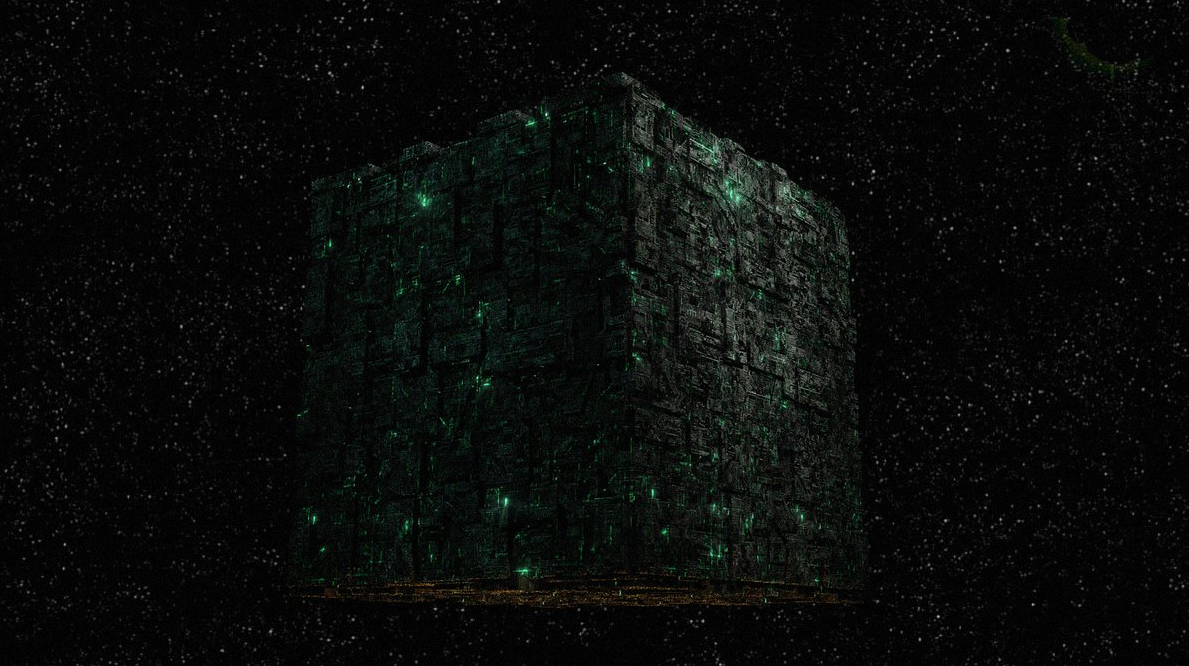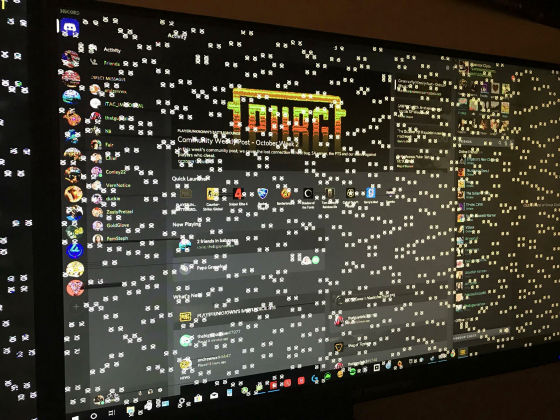- Joined
- Mar 3, 2018
- Messages
- 1,713
NASA's New Horizons spacecraft, which launched way back in 2006 and took some gorgeous shots of Pluto in 2015, is set to make a close flyby of a Kuiper Belt object close to New Year's Eve. According to SpaceFlightNow, New Horizons will pass by Ultima Thule at 12:33AM EST, but the data will take several hours to get to Earth traveling at the speed of light.
Several YouTubers are livestreaming the flyby, and you can check out one of them here.
One of the main mysteries so far in the approach to Ultima Thule has been that New Horizons has not observed any light curve, or change in brightness, from the object. Scientists expected to see Ultima Thule dimming and brightening as it rotated, New Horizons has not detected any change... "There's nothing else on the books to do anything like this," Weaver said. "I don't think I'll be alive when the next cold classical Kuiper Belt Object is encountered, so we're all looking forward to this flyby. In that respect, this is the frontier of planetary science... As a civilization, we’re stepping out into this third zone of the solar system that was not even discovered until the early 1990s." Scientists have brought sleeping bags, pillows, and even a tent to camp out here at the Johns Hopkins University Applied Physics Laboratory in Laurel, Maryland, as New Horizons speeds toward Ultima Thule - its next target after Pluto.
Several YouTubers are livestreaming the flyby, and you can check out one of them here.
One of the main mysteries so far in the approach to Ultima Thule has been that New Horizons has not observed any light curve, or change in brightness, from the object. Scientists expected to see Ultima Thule dimming and brightening as it rotated, New Horizons has not detected any change... "There's nothing else on the books to do anything like this," Weaver said. "I don't think I'll be alive when the next cold classical Kuiper Belt Object is encountered, so we're all looking forward to this flyby. In that respect, this is the frontier of planetary science... As a civilization, we’re stepping out into this third zone of the solar system that was not even discovered until the early 1990s." Scientists have brought sleeping bags, pillows, and even a tent to camp out here at the Johns Hopkins University Applied Physics Laboratory in Laurel, Maryland, as New Horizons speeds toward Ultima Thule - its next target after Pluto.
![[H]ard|Forum](/styles/hardforum/xenforo/logo_dark.png)




